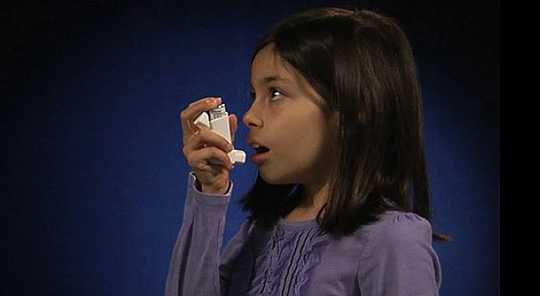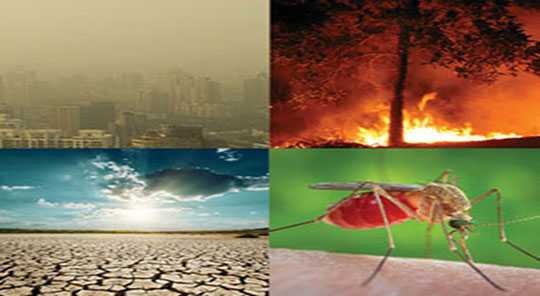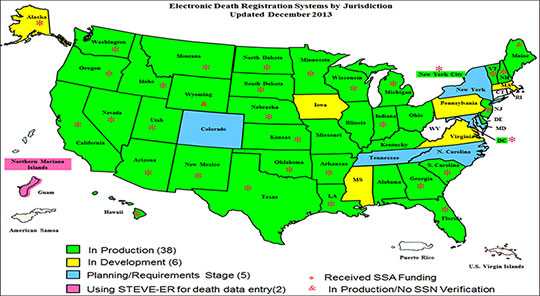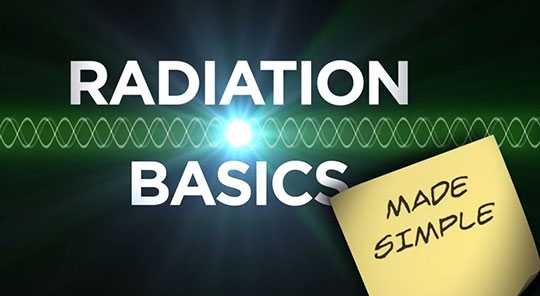Environmental Hazards and Health Effects
About the Program
CDC's Division of Environmental Hazards and Health Effects (EHHE) works to protect people from environmentally-related illness, disability, and death through surveillance, research, and action.
Focus Areas
Air Pollution and Respiratory Health
The Air Pollution and Respiratory Health Branch leads CDC’s fight against environmental-related respiratory illnesses, including asthma, and studies indoor and outdoor air pollution.
Climate and Health
The Climate and Health Program works to prevent and adapt to the health impacts of extreme weather and other climate related issues.
Environmental Public Health Tracking
Environmental Public Health Tracking is the ongoing collection, integration, analysis, interpretation, and dissemination of data on environmental hazards, exposures to those hazards, and health effects that may be related to the exposures. The goal of tracking is to provide information that can be used to plan, apply, and evaluate actions to prevent and control environmentally related diseases.
Health Studies
The Health Studies Branch investigates the human health effects of exposure to environmental hazards ranging from chemical pollutants to natural, technologic, or terrorist disasters. The results are used to develop, implement, and evaluate strategies for preventing or reducing harmful exposures.
Radiation Studies
The Radiation Studies Branch identifies potentially harmful environmental exposures to ionizing radiation and associated toxicants, conducts energy-related health research, and responds to protect the public’s health in the event of an emergency involving radiation or radioactive materials.
- Page last reviewed: October 26, 2015
- Page last updated: November 10, 2015
- Content source:


 ShareCompartir
ShareCompartir



